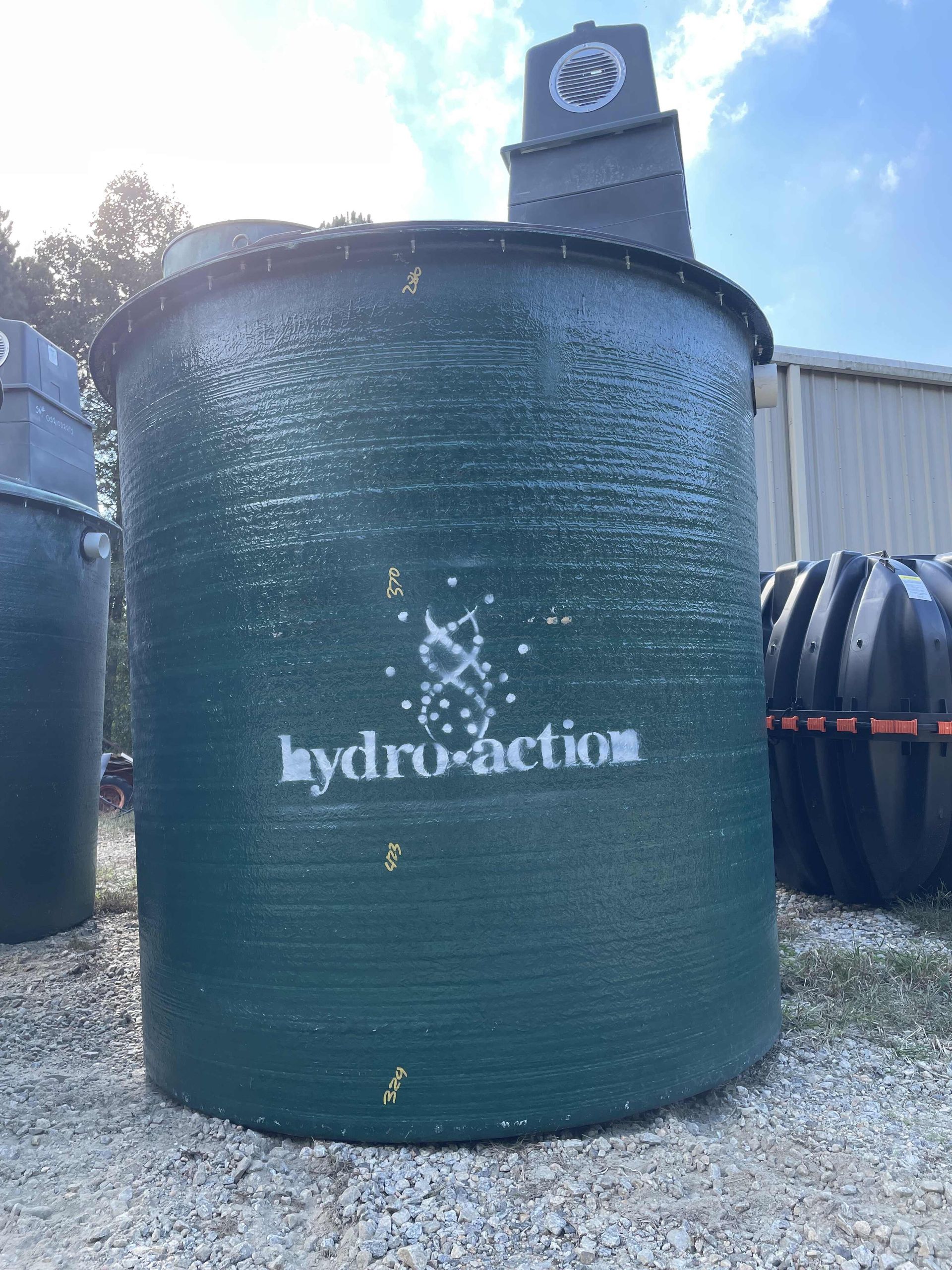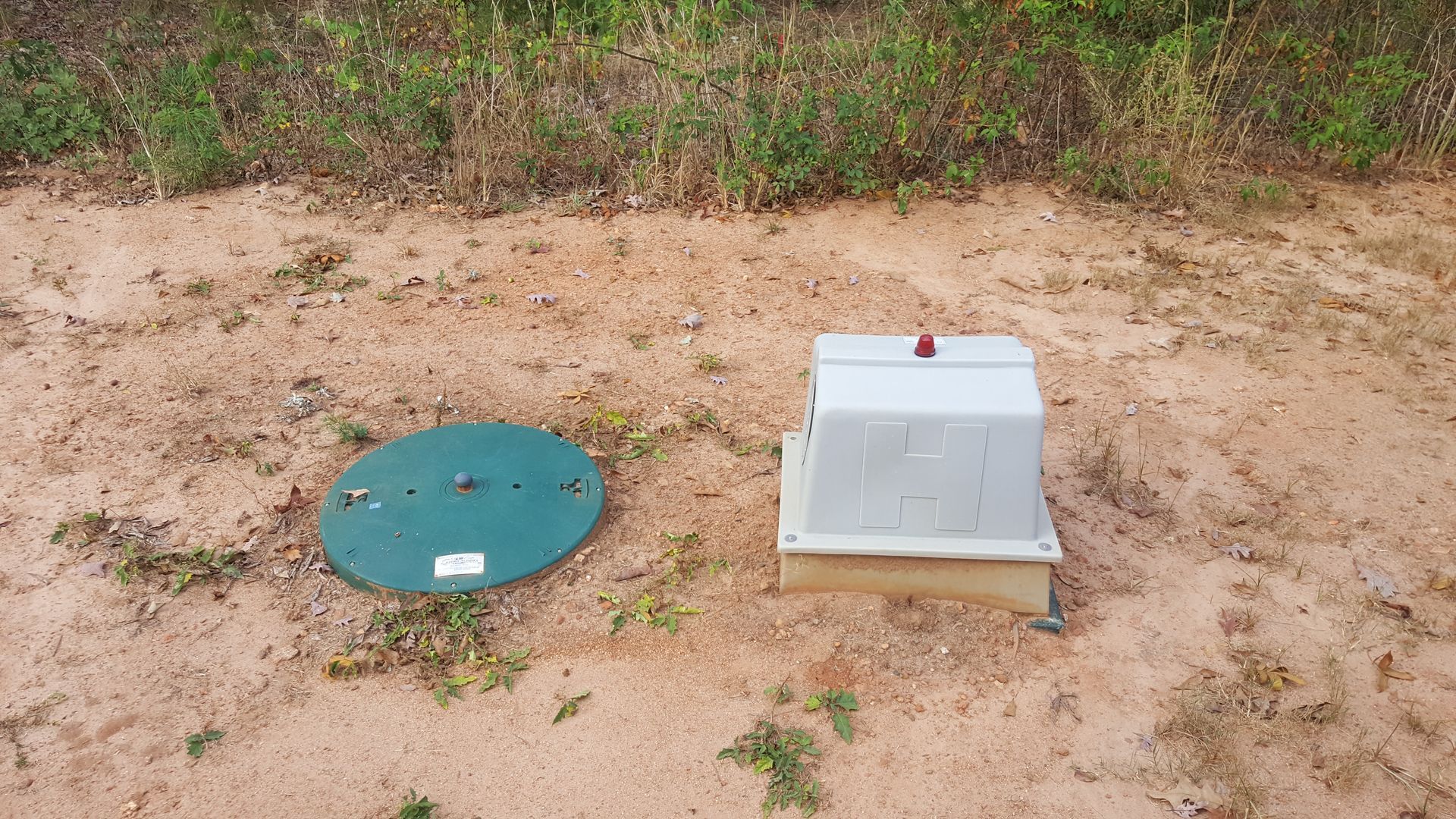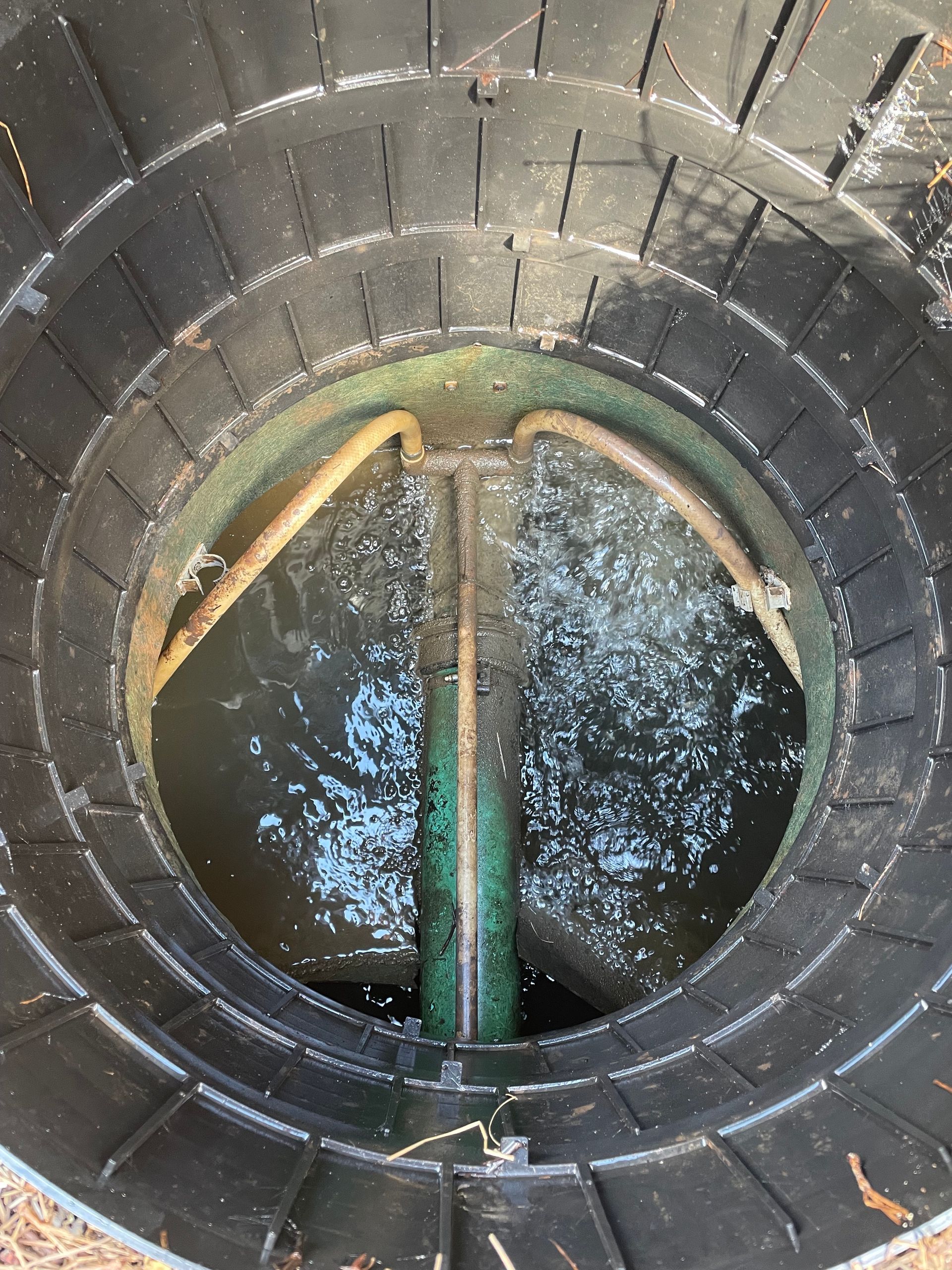Get in touch
404-788-3474
asmseptic@gmail.com
Email Us on: asmseptic@gmail.com
Call or Text: 404-788-3474
How To Know a Septic Tank Pump Is Not Working: A Guide
A well-functioning septic tank pump is vital for keeping your waste management system running smoothly. When the pump fails, raw sewage can back up into your home, causing unpleasant smells and potential health hazards. It's important to be aware of the signs that might indicate your septic tank pump is not working properly.
By understanding the early warning signs, you can seek timely help and prevent larger, more expensive problems. This article will guide you through the common symptoms of a failing septic tank pump, helping you maintain a healthy septic system. Armed with this knowledge, you'll be better prepared to handle any issues that come your way.
Signs Your Septic Tank Pump Is Failing
A properly working septic tank pump is essential for maintaining an efficient waste management system. When it begins to fail, a few critical symptoms can help you identify problems early. One of the most noticeable signs of a failing septic tank pump is slow draining fixtures. If you notice that sinks, bathtubs, or toilets take longer than usual to drain, it could indicate a problem with your septic pump.
Another telltale sign is pooling water around the drain field. If the ground near your septic system is unusually wet or soggy, your septic pump might not be effectively dispersing wastewater. This issue can lead to more severe problems if not addressed promptly. Foul odors are another major symptom. If you or your neighbors catch a whiff of unpleasant smells near your septic tank or inside the house, it’s a strong indicator that the pump isn’t working as it should.
Monitoring these signs can save you a lot of headaches and money by catching problems early. Paying attention to slow drains, soggy soil, and foul odors can help you identify when your septic tank pump is not working properly and prompt you to take immediate action.
Common Causes of Septic Tank Pump Failure
Septic tank pumps can fail for a variety of reasons, and knowing these causes can help you prevent future issues. Here are some of the most common reasons why your septic tank pump might stop working:
1. Power Issues: Electrical problems such as tripped breakers or disconnected power sources can cause your pump to stop working. Always check the power supply if you suspect an issue with your septic pump.
2. Clogs: Debris, sludge, or foreign objects can clog the pump, reducing its efficiency. Regular maintenance can help avoid this problem.
3. Mechanical Failure: Wear and tear over time can lead to mechanical breakdowns. Parts like the motor or impeller may need to be replaced to restore the pump’s function.
4. Float Switch Problems: The float switch activates the pump based on the wastewater level in the tank. If the switch is stuck or broken, the pump might not turn on or off correctly.
5. Excessive Wastewater: Flooding your system with too much water at once can overwhelm the pump, which may lead to failure. Be mindful of your water usage to prevent this issue.
Recognizing these common causes can help you take preventive measures, ensuring that your septic tank pump remains in good working condition. By staying aware of power issues, clogs, mechanical failures, float switch problems, and excessive wastewater, you can better manage and maintain your septic system.
What To Do if Your Septic Tank Air Pump Is Not Working
If you suspect that your septic tank air pump is not working, follow these steps to diagnose and address the problem:
1. Check the Power Supply: Ensure that the air pump is properly connected to a power source. Check the circuit breaker to make sure it hasn't tripped. Sometimes, a simple power issue can cause the pump to stop working.
2. Inspect for Visible Damage: Look for any obvious signs of wear or damage to the pump, such as cracks or corrosion. Visible damage might indicate that the pump needs to be replaced.
3. Clean the Air Filter: Over time, the air filter can become clogged with dirt and debris, reducing the pump's efficiency. Remove the filter and clean it with water or replace it if it's too dirty.
4. Listen for Unusual Noises: A functioning pump should have a consistent hum. If you hear loud or unusual noises, it could indicate a mechanical problem.
5. Contact a Professional: If you've checked the power supply, inspected for damage, and cleaned the filter but the pump still isn't working, it's time to call an expert. A professional can diagnose and repair more complex issues, ensuring that your system operates efficiently.
By following these steps, you can quickly identify and address problems with your septic tank air pump, minimizing disruption and maintaining your system's efficiency.
Maintenance Tips To Prevent Septic Tank Pump Failure
Regular maintenance can keep your septic tank pump in good working order and prevent unexpected failures. Here are some actionable tips to ensure your septic system stays functional:
Schedule Regular Inspections: Arrange for a professional inspection of your septic system at least once a year. Regular check-ups can identify and address potential issues before they become serious problems.
Avoid Flushing Inappropriate Materials: Dispose of waste properly. Avoid flushing items like sanitary products, paper towels, and grease down the toilet or sink. These can clog your system and cause pump failure.
Monitor Water Usage: Be mindful of the amount of water you use. Excessive water flow can overwhelm your septic system, leading to pump overload. Fix any leaky faucets or toilets promptly to reduce unnecessary strain.
Keep It Free of Roots and Debris: Ensure that trees and shrubs are planted away from your septic system. Roots can invade and damage the pipes and tank, leading to costly repairs.
Use Septic-Safe Cleaners: Choose household cleaners that are safe for septic systems. Harsh chemicals can kill the beneficial bacteria needed to break down waste in your tank, reducing the system's efficiency.
By following these maintenance tips, you can extend the life of your septic tank pump and avoid pump failures.
Conclusion
Keeping your septic tank pump in good working condition is essential for maintaining an efficient and hygienic waste management system. By recognizing the signs of a failing pump, understanding the common causes, and knowing what steps to take when issues arise, you can prevent costly and disruptive problems. Regular maintenance and mindful usage can go a long way in ensuring your system remains functional for years to come.
If you're experiencing issues with your septic tank pump or need professional maintenance services, don't hesitate to reach out. At Alternative Septic Management Inc., we specialize in keeping your septic systems in top condition and offer reliable
septic tank alternatives. Contact us today to schedule an inspection or to get expert help with any septic issues you may have. Let us help you maintain a healthy, efficient septic system all year long.
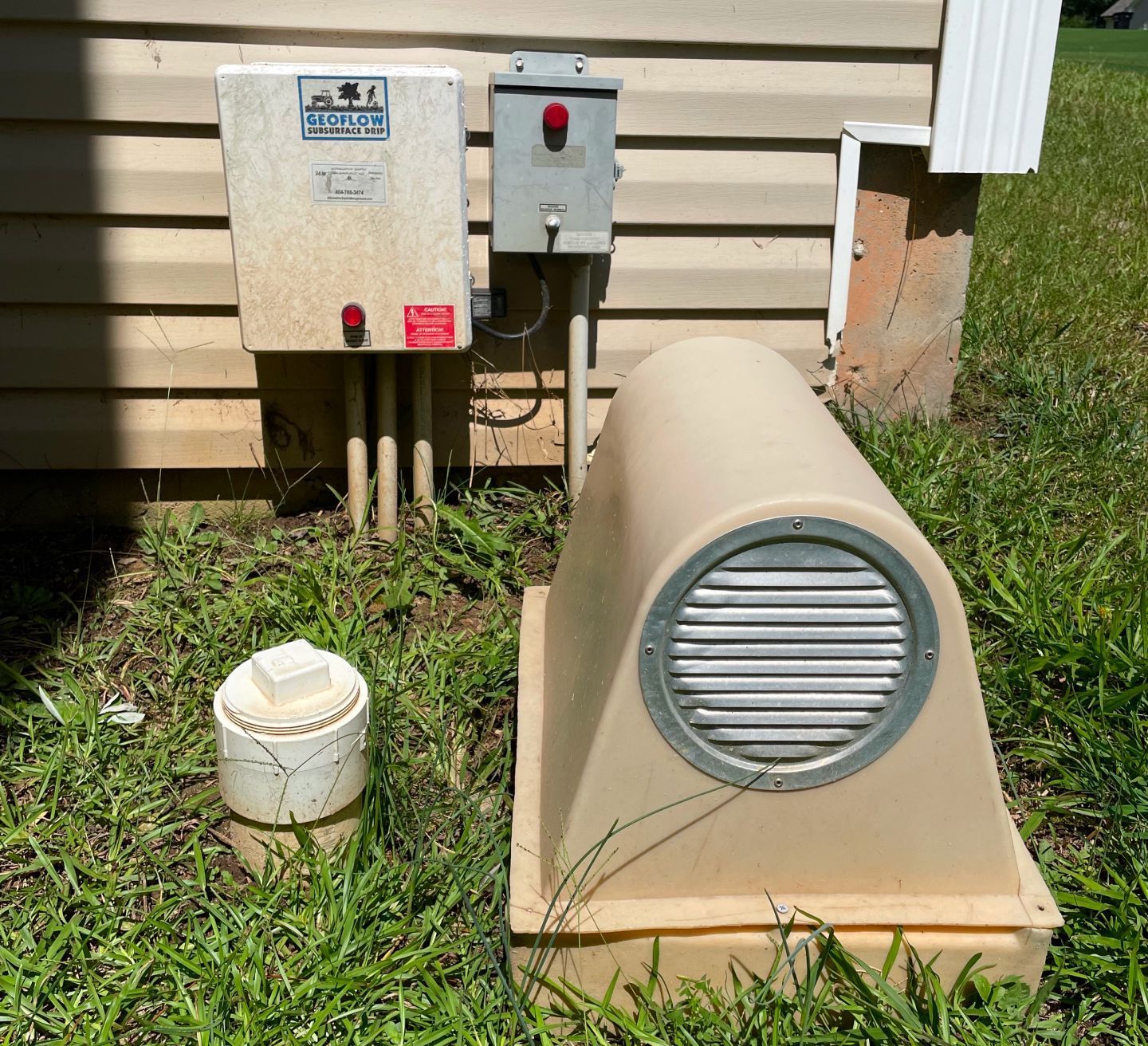
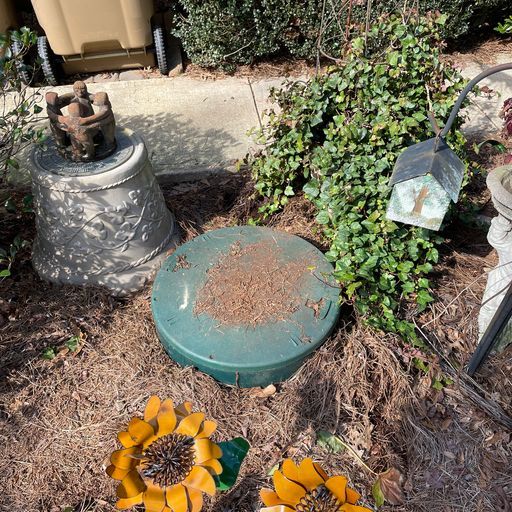
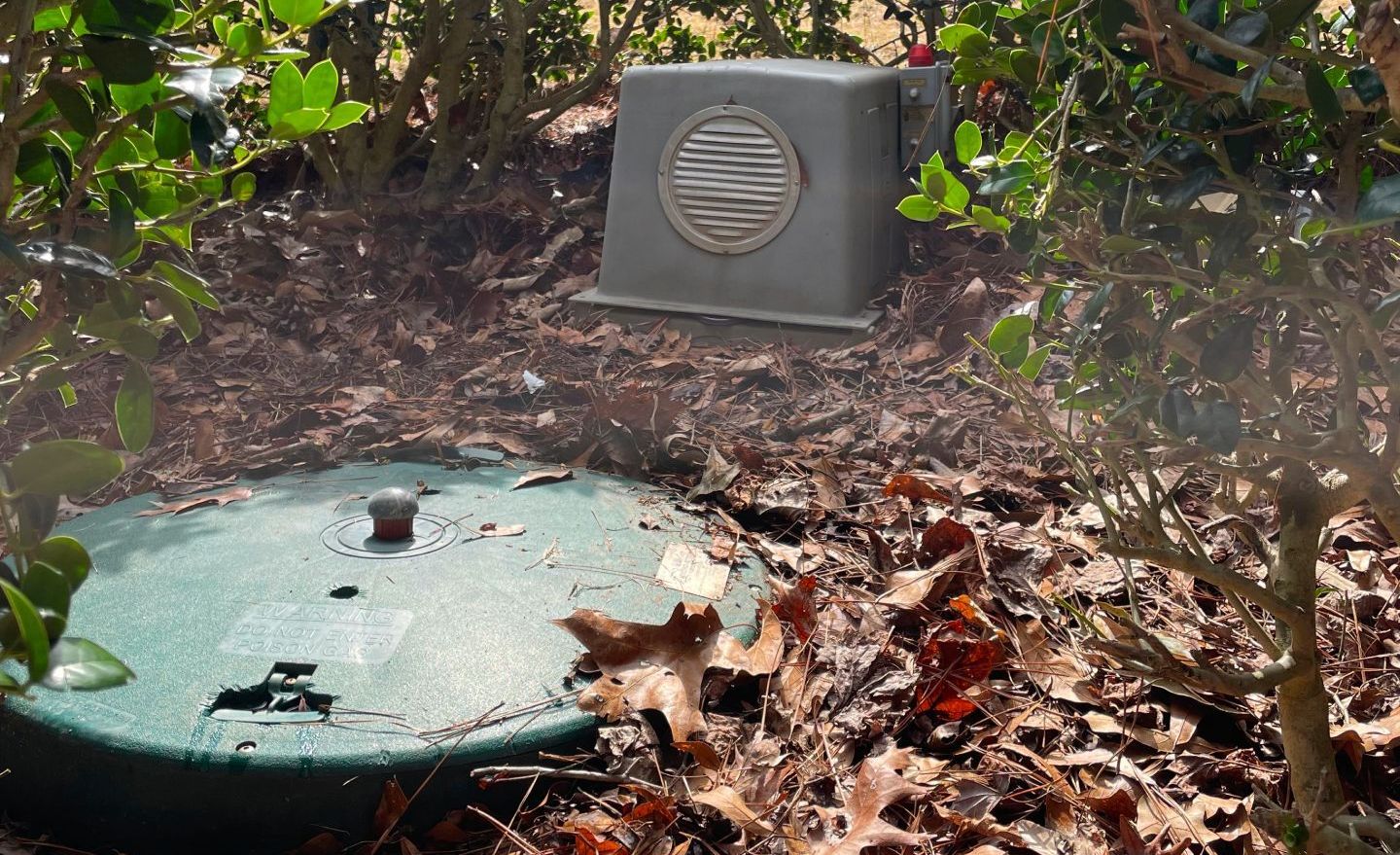
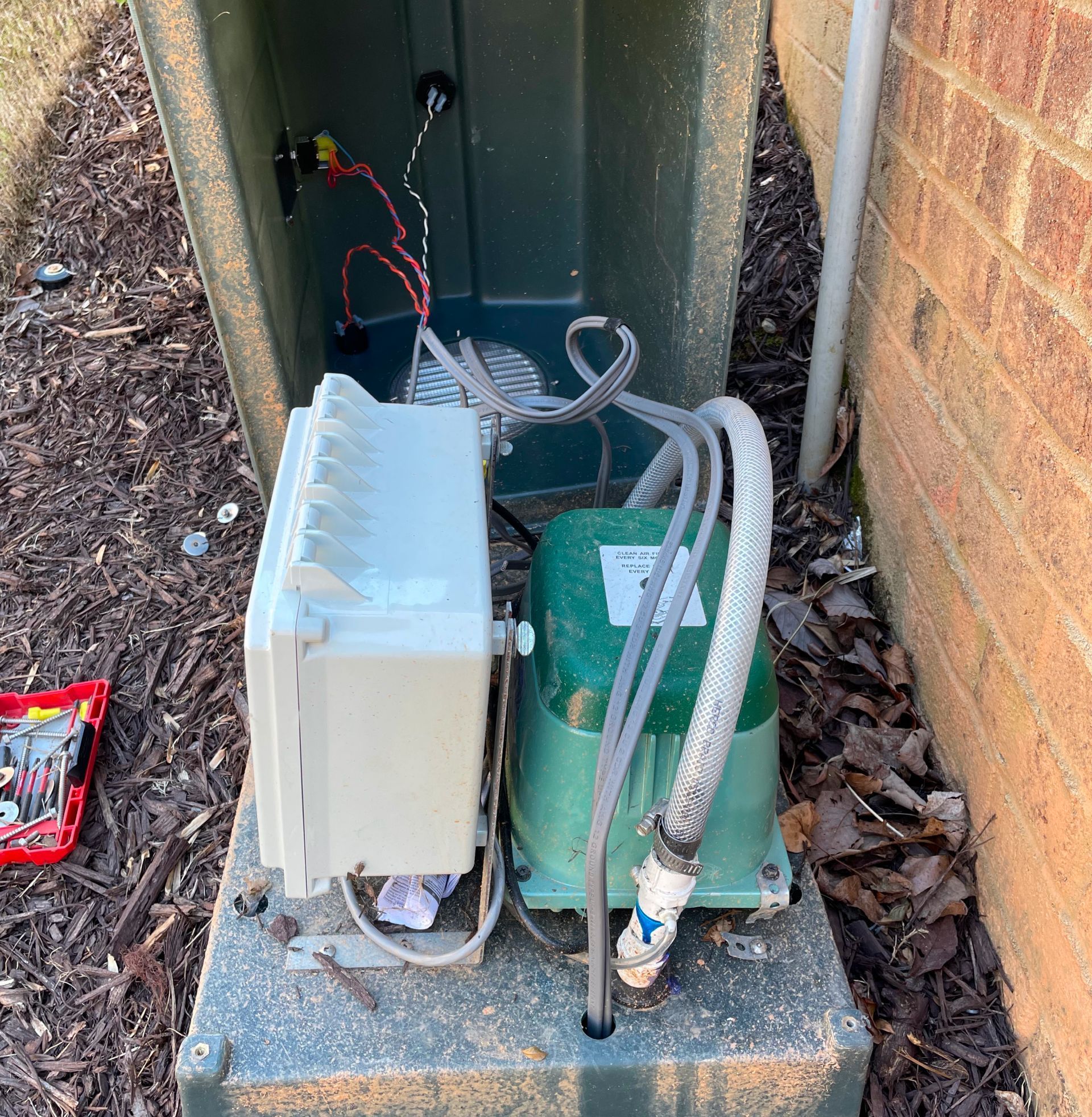

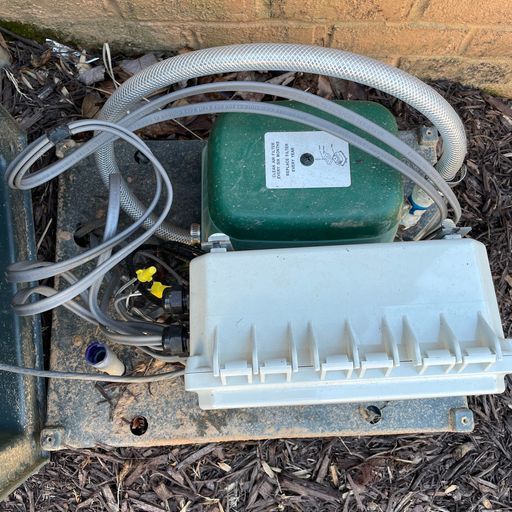
Alternative Septic Services For Residential And Commercial Systems Requiring Alternative Septic Systems.
Quick Links
Our Services
Septic Installation
Septic Repair
Septic Inspection
Air Compressor Maintenance
Pump Maintenance
Get In Touch
Mobile: 404-788-3474
Email: asmseptic@gmail.com
Address: 3295 Fannie Thompson Rd. Monroe GA 30656
Copyright 2025 © All Rights Reserved. Alternative Septic Management, Inc.

